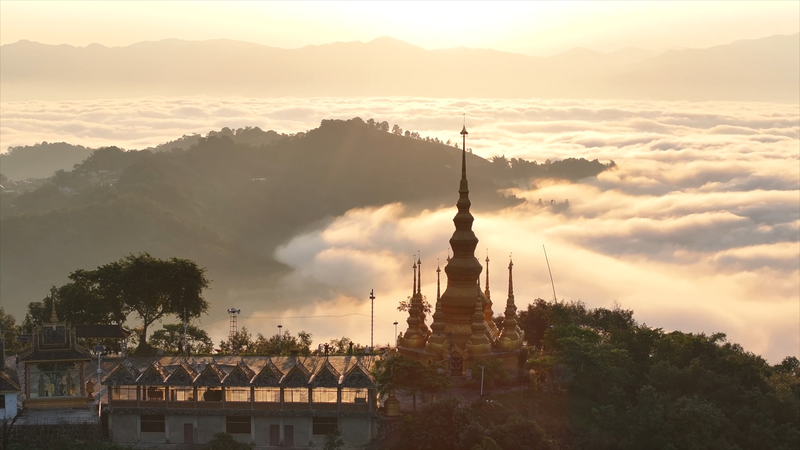In a landmark decision, UNESCO has inscribed the Cultural Landscape of Old Tea Forests of Jingmai Mountain in Pu’er City, Yunnan Province on the Chinese mainland, as the world’s first Tea Culture World Heritage Site.
For the Blang, tea preparation is more than a morning ritual—it’s a living link to their ancestors. They place tea leaves and charcoal together in a gourd ladle, stirring until the leaves absorb the fire’s warmth. After removing the charcoal, the leaves are boiled in a clay pot, releasing a rich aroma and a flavor profile that’s both bold and nuanced.
Stories passed down through generations say the first cup is always offered to Pa Aileng, the Blang’s tea ancestor, as a tribute for his gift of cultivating ancient tea trees. Beyond its taste, roasted tea is celebrated for its potential health benefits, from aiding digestion to boosting vitality.
UNESCO’s recognition not only honors a unique cultural practice but also underscores the importance of preserving the ancient tea forests that have thrived for centuries. As young travelers, tea lovers, and sustainability advocates explore Yunnan, Jingmai Mountain stands as a living museum where every sip tells a story of heritage, resilience, and community.
Reference(s):
cgtn.com




